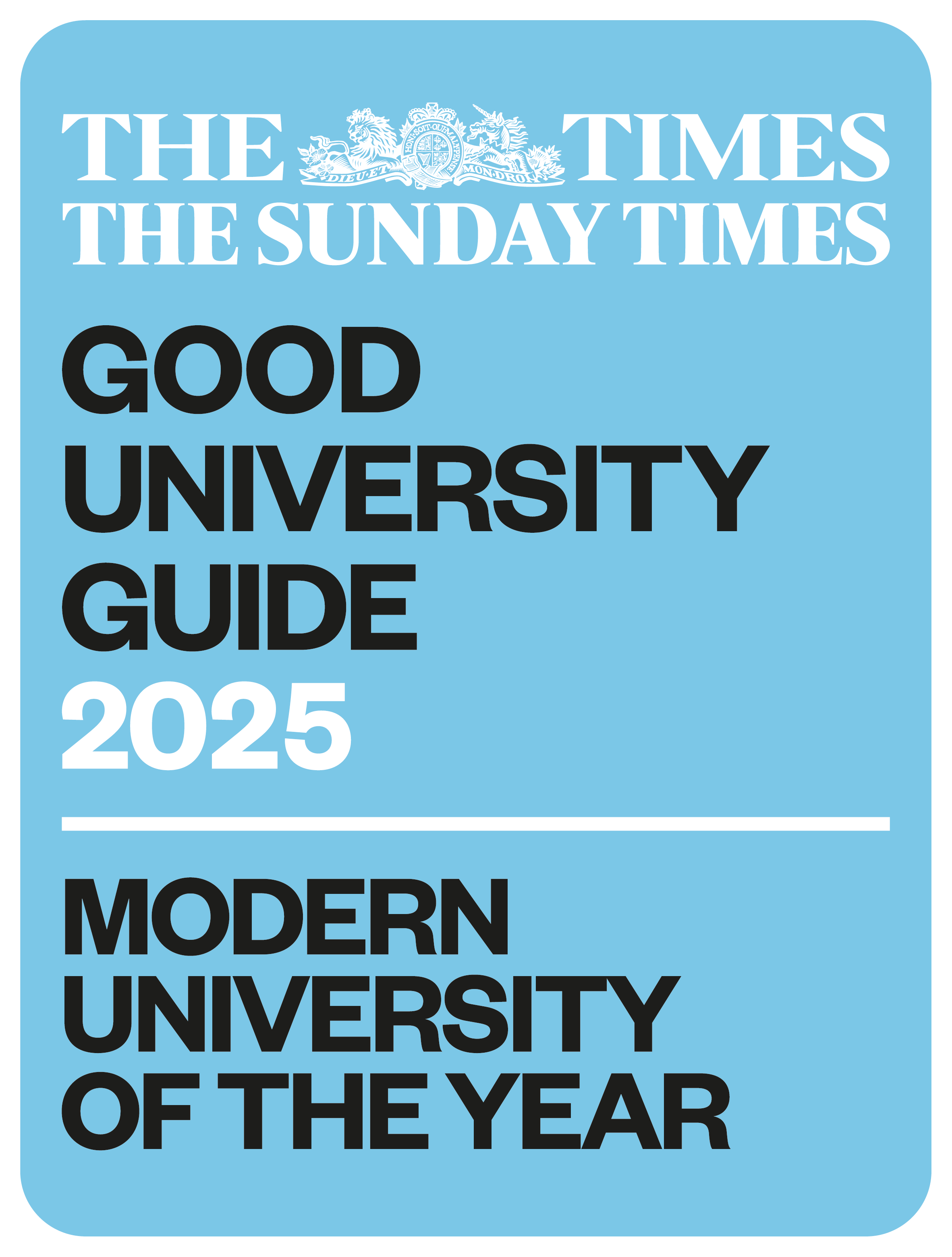University-led Learning
Northumbria University has
developed considerable expertise working with police forces regionally,
nationally, and internationally. This sustained excellence in police
research, is a unique strength and advantage as our work supports the design,
development and delivery of this programme.
Our
work is characterised as informing policy and practice, providing wide-ranging,
cutting-edge science and applied research, which is developed in partnership
with the Police and agencies regionally, nationally, within European networks
and internationally.
During
the three-year apprenticeship, apprentice officers will have a minimum of 20%
of contracted hours of off the job training over the course of the programme
for university study. They will be taught and supported by a diverse range of
highly experienced Northumbria Police and Northumbria University personnel.
This includes law trainers and tutors who will provide practitioner specific
curriculum input in relation to law and procedures; operational tutors who will
provide support, guidance and encouragement during periods of work-based
learning.
Based
at Coach Lane Campus, apprentices have access to an unprecedented range of
facilities including:
Additionally
apprentices will have access to unrivalled facilities at City Campus including:
Specially designed courtroom
equipped with DVD recording;
The brand new dedicated Computer Network Technology and
Digital Security labs;
Open access computing areas;
The comprehensive media centre with
television and radio studios;
City Campus University Library which is open 24/7 during term
time.
Immersive
Interactive™ suite
This
is a flexible learning space where images and videos are projected onto three
walls to enhance realism and give a fully immersive, multi-sensory and
interactive learning environment. The space incorporates a control room and
observational area and as a fully interactive teaching facility is one of the
biggest and best in the country. Providing realistic safe learning environments
for apprentices to practice their skills, it will play a pivotal role in
educating and training officers, through simulated learning, an invaluable
experience of “real life” policing situations, for example public order,
custody suites, road traffic collisions.
Forensic Suite
An
entire property converted into a crime scene house to enable apprentices to
examine simulated crime scenes. Apprentices will also be able to access Return
to Scene software that provides a 360-degree interactive scan of a crime scene
allowing them to perform analysis in detail. The rooms in the crime scene
house are also fitted with recording software which can be played live to
another room or recorded later for analysis.
Purpose-built interview
rooms
A
number of purpose-built interview rooms which are installed with recording
equipment suitable for simulating interview skills which can be recorded and
reviewed, as well as live streamed to another venue. The interview rooms are
set up in both a traditional manner and also for cases where more vulnerable
witnesses/victim may need a less formal environment.
 Option for Placement Year
Option for Placement Year Option for Study Abroad
Option for Study Abroad










